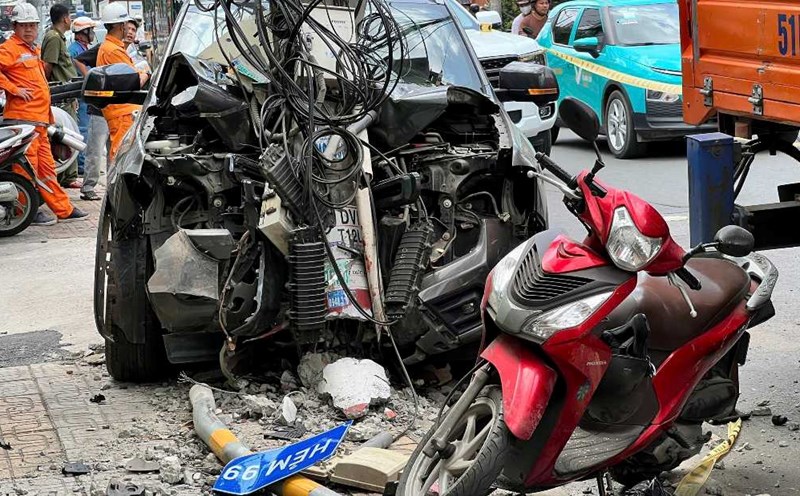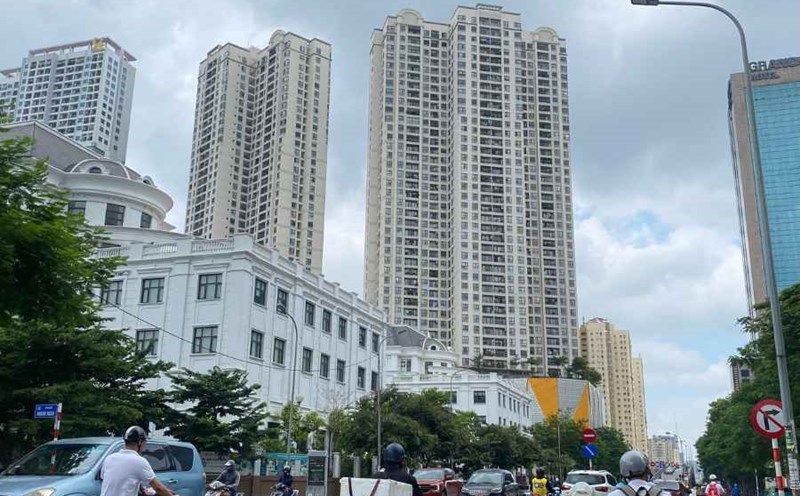At the 2025 Annual Scientific Conference organized by Gia Dinh People's Hospital on August 2, Dr. Giang Minh Nhat - Deputy Head of the Department of Cardiovascular Resuscitation, Gia Dinh People's Hospital said that high blood pressure is known as a silent killer because most patients do not have any symptoms despite prolonged high blood pressure.
Because they do not feel pain or discomfort, patients can easily quit smoking, or even do not know they are sick until serious complications occur, Dr. Giang Minh Nhat warned.
The World Health Organization (WHO) estimates that one in three Vietnamese adults have high blood pressure, but only about 50% are diagnosed and less than 30% are fully treated. Meanwhile, uncontrolled high blood pressure can lead to stroke, heart attack, heart failure, blindness and end-stage chronic kidney disease.
There are young people over 30 who have myocardial infarctions, strokes, and when they are all healthy, they have the same point: they have high blood pressure but do not know or do not know without proper treatment, said Dr. Nhat.
Even the phenomenon of rejuvenation and high blood pressure is becoming popular due to a sedentary lifestyle, salty eating, stress and using many processed foods.
According to Dr. Giang Minh Nhat, diagnosing high blood pressure is not complicated, because it is necessary to measure blood pressure properly, repeat it many consecutive days. Average home blood pressure ≥135/85 mmHg is a suspicious sign. However, patients need to go to a medical facility for a comprehensive examination to determine whether there is damage to the limb or an underlying disease such as diabetes, dyslipidemia, etc.
Another common mistake is stopping medication when your blood pressure is stable. "The patient sees a good index and thinks it is cured, but in reality, blood pressure is only stable thanks to medicine. Stopping drugs causes blood pressure to increase, and complications will occur, he emphasized.
High blood pressure is a chronic disease that requires lifelong treatment and a " peaceful" life with it. Prevent disease by living a healthy lifestyle, eating lightly, with lots of vegetables, and exercising regularly, this is the key to reducing the risk. Even when you are healthy, you should have regular health check-ups to detect early and avoid late bowel movements, Dr. Nhat recommends.











